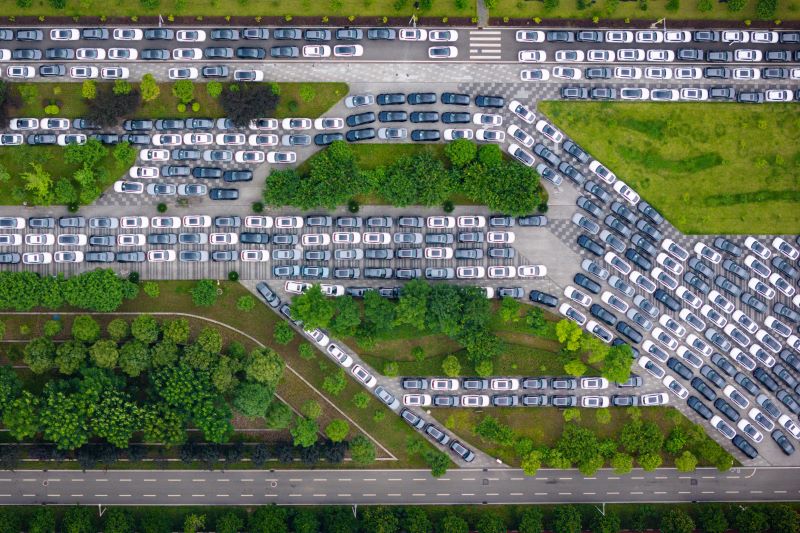Comment: Clean technology is turning into the next global climate spat. The debate over China’s dominance is highly politicized, but there are ways forward
Yao Zhe is global policy advisor for Greenpeace East Asia.
“Overcapacity”, a geeky economic term, has recently become the new buzzword for international discussion around China’s solar and electric vehicle industries. It is also becoming one of the thorniest issues in China’s relations with other major economies.
Notably, the word was mentioned five times in the G7 Leaders Communiqué released last week, with the G7 countries framing it collectively as a global challenge.
It is a debate that was initially sparked by US Treasury Secretary Janet Yellen during her April visit to Beijing. According to her, China’s cleantech industry has excess capacities that cannot be absorbed domestically, leading to exports at depressed prices. And she stressed that this should be a concern not only for the US, but also for Europe and other emerging markets.
Days after climate talks, US slaps tariffs on Chinese EVs and solar panels
China strongly disagreed with this claim, while Yellen’s concern resonated in the EU, which has long focused on China’s market dominance. In short, there is an overcapacity of “overcapacities”, with neither side finding identical terms of reference. But as this debate is a harbinger of how climate solutions and political agendas will interweave, it’s worth parsing out some lessons for each side, on their own terms.
The US’ “overcapacity” claim as presented by Yellen is a non-starter in China.
China’s clean energy industry is an important point of pride internationally and a source of legitimacy domestically for Beijing. From that perspective countering the “overcapacity” claim is both emotionally and strategically important.
Strategically, this claim is being used to justify trade measures and tariffs against China’s clean energy products. Emotionally, the cleantech industry is a modern-day success story of China’s entrepreneurship and innovation. In China’s public discourse, the US “overcapacity” claims lands as a rejection of that success.
Lithium tug of war: the US-China rivalry for Argentina’s white gold
The result is a political debate in which – by design – no side can convince the other. And the lesson? This posturing is at odds with US-China climate diplomacy as we’ve known it to function in the past. Whatever objectives this approach serves, it does not include closer climate collaboration between the US and China, even as multilateral climate action at the UN level still requires them to take action in concert.
In China, discussion on “overcapacity” emerged from an ongoing conversation about how to manage investment hype. And the answer lies on the demand side.
For investors inside China at a time of challenging economics, few industries are as attractive as the clean energy industry. And business leaders have focused on the risks of hot money and breakneck expansion of clean energy manufacturing capacity for some time now, particularly in the solar industry.
This was probably the origin of “overcapacity”. But in China, this has been a familiar, almost perennial discussion of investment and industrial cycles. While the US argument equates exports to overcapacity, Chinese companies argue that it is demand that determines overcapacity, and they make investment and expansion decisions based on projections of both domestic and global demand.
Q&A: What you need to know about electric vehicles (EVs) and their batteries
That said, the size of China’s domestic market means it will remain the “base” for Chinese manufacturers. In the overseas market, the “overcapacity” claim underscores the complexity and uncertainties Chinese companies face.
For Chinese policymakers, one obvious response to the new market dynamics should be taking domestic demand to
Read More

